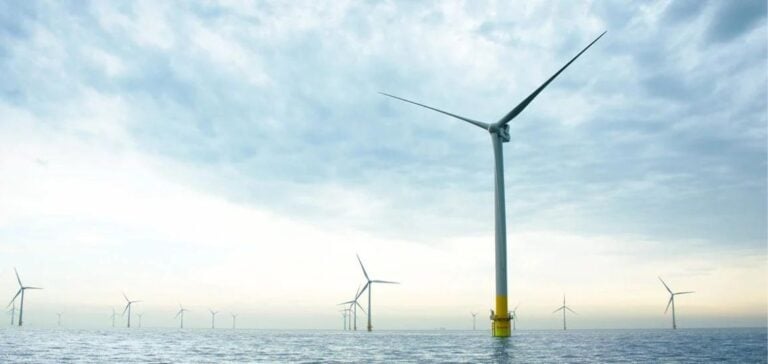The announcement of substantial funding for UKRI from the National Renewable Energy Centre (ORE) is crucial for the UK wind energy sector. The funding will be used to develop state-of-the-art test facilities. Develop for blades up to 150 meters and powertrains up to 23 MW, with the possibility of future expansion to meet growing market demand.
Emission Reductions and Economic Benefits
The Blyth project is designed to accelerate the development and certification of new turbines, enabling an anticipated reduction of 2.5 million tonnes of CO2. This progress is essential not only for the UK’s energy security, but also to support energy independence.
Impact on employment and research
The modernization of the Blyth facility will create 30 new jobs and support five doctorates a year. It will reinforce the UK’s commitment to regional economic development and high skills training. These initiatives are aligned with the vision of the Minister of Science, Innovation and Research. Andrew Griffith emphasizes the importance of innovation in the transition to net zero.
Collaboration and Leadership in Innovation
ORE Catapult’s R&D efforts are essential to maintaining the UK’s competitiveness. The new facilities will enable us to test increasingly larger and more efficient turbine technologies. These tests will be essential for future offshore wind farm projects and for reducing the associated costs.
UKRI’s funding for ORE Catapult symbolizes a deep commitment to technological advancement and sustainability in the offshore wind sector. This project not only strengthens the UK’s position as a pioneer in this field, but also ensures continued leadership in future technologies and global decarbonization.






















